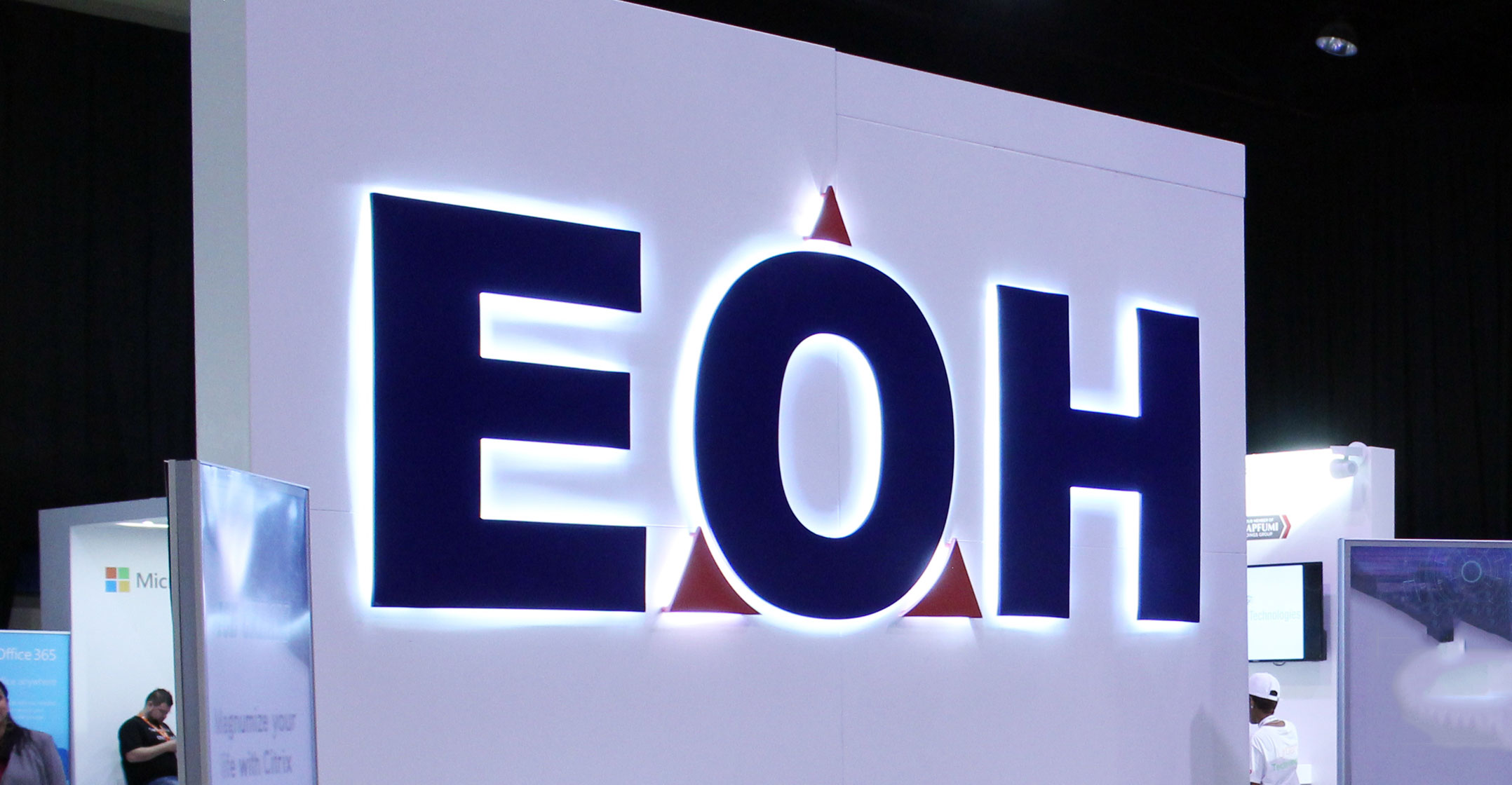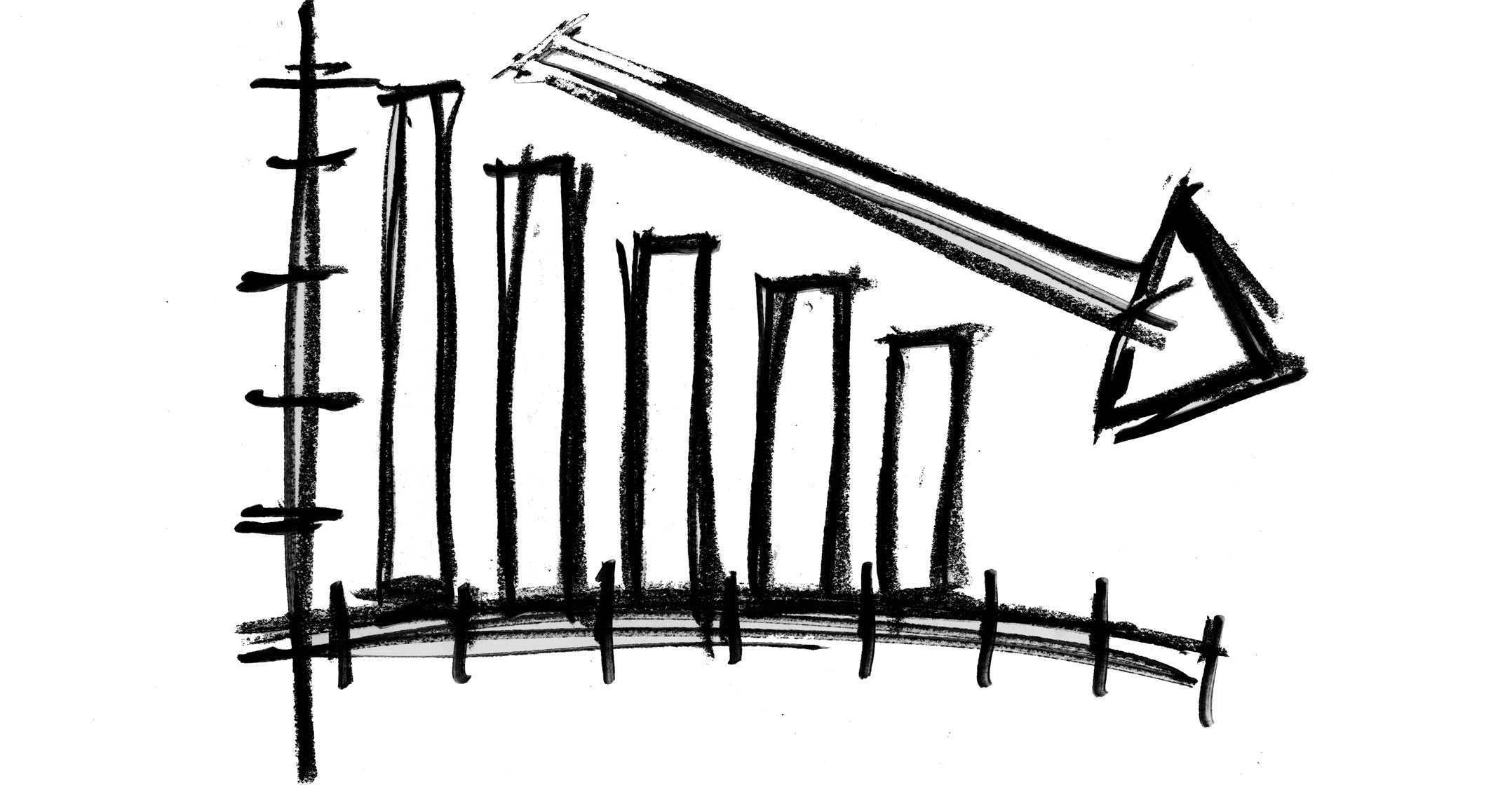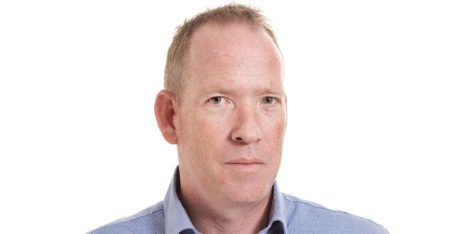 EOH Holdings reported a 21.8% decline in total revenue to R6.4-billion in the six months to 31 January 2020 (there was a 17.4% decline from continuing operations) on Monday, but losses decreased and costs plummeted 31% on a like-for-like basis as it said it was making headway with its turnaround plan.
EOH Holdings reported a 21.8% decline in total revenue to R6.4-billion in the six months to 31 January 2020 (there was a 17.4% decline from continuing operations) on Monday, but losses decreased and costs plummeted 31% on a like-for-like basis as it said it was making headway with its turnaround plan.
The share price surged almost 25% on the improved operating performance.
The group blamed lower hardware and software sales as well as legacy public-sector ERP projects not repeated in the current period for the sharp decline in revenue. The prior period comparative was also skewed by the inclusion of CCS and other businesses disposed of in discontinued revenue.
The headline loss per share from continuing and discontinued operations was R3.95 (R8.27 previously), while the headline loss per share from continuing operations was R3.81 (R8.40 a year ago).
“Encouragingly, managed services among our core clients remained relatively flat. The slowdown in the economy also contributed to the decline in revenue, with EOH’s legacy issues only having a small impact,” it said.
Total gross profit margin improved to 23.6% (continuing: 23.5%) from 19.6% (15.8%) from the same six-month period a year ago. “This is mainly due to a reduced contribution from hardware sales as well as improved efficiency in the iOCO businesses.”
Operating expenses decreased by 31.5% to R2.3-billion (continuing: R1.6-billion) as the result of lower provisions and write-offs as well as cost efficiencies.
Impairment losses from the continuing business fell from R1.3-billion to R152-million.
Ebitda losses reduced
Ebitda losses from non-core business lines reduced to R270-million from R585-million due to improved management of eight “poorly contracted legacy public-sector contracts”. (Ebitda is earnings before interest, tax, depreciation and amortisation and is a measure of operational profitability.)
EOH said that historically there was a lack of focus on working capital management, with large tranches of cash tied up in debtors. During the prior year, more than R400-million was realised from the debtors book and balances at the half year continued to be well managed — reducing to R3-billion from R4.1-billion a year ago and R3.1-billion at the full year.
Cash generated from operations after changes in working capital was R31-million (R82-million a year ago). This “needs to be considered in light of the R227-million of one-off payments over the reporting period,” it said.
 “EOH is 12 months into an anticipated two-year turnaround plan. Following the reputational crisis of the last financial year, the group is pleased to see stabilisation in its customer base and core revenues,” it said.
“EOH is 12 months into an anticipated two-year turnaround plan. Following the reputational crisis of the last financial year, the group is pleased to see stabilisation in its customer base and core revenues,” it said.
Since 31 January 2019, EOH has sold or closed about 40 businesses, with “significant traction on the rationalisation of legal entities”. It has raised nearly R1.2-billion from asset sales in that time.
The core IOCO businesses made up about 56% of current total revenue and more than 61% of gross profit. Intellectual property holdings company Nextec “remains challenging”.
“Following an extensive review, we have made significant progress in differentiating between businesses which we believe to be a strategic fit for iOCO and those which will potentially be liquidated or sold. Once the review process is complete, the Nextec business, which makes up 31% of the group’s total revenues currently, will no longer form a significant part of the group,” it said.
More than 47% of Nextec’s total revenue is classified as discontinued.
The group’s intellectual property (IP) segment, which consists of businesses that have developed proprietary software and solutions for customers, contributed 13% of the group’s total revenues. This segment has historically had higher growth rates and better gross profit margins than the other two groupings. “A decision was taken to dispose of these assets as part of a strategy to deleverage the business and all but one, Sybrin, which didn’t qualify for the IFRS (financial reporting standards) definition, are therefore classified as discontinued.”
Additional legacy issues
EOH said that legacy reputational issues are “firmly behind the group” and that management can now focus over the next 12-18 months on additional legacy issues that remain a cash drain on the business.
“We will continue to look for opportunities where further cost savings can be realised and have already identified a further R100-million to R250-million in potential savings to be realised by the end of the 2021 financial year, which should significantly improve the cost structure of the business. This is in addition to short-term liquidity measures implemented as part of the Covid-19 response.”
Due to the heavy interest burden of legacy debt, deleveraging the business through disposals has been a top priority for management, EOH said.
“The deleveraging plan with lenders has been adjusted and extended by making the first target date 31 July 2020 to deleverage by R500-million (previously 31 January 2020). The group had deleveraged by R306-million at 31 January 2020 and by R430-million at the reporting date. During December 2019, lenders gave EOH access to R236-million of disposal proceeds originally destined for deleveraging. A total of R125-million of these proceeds had been returned to lenders for deleveraging at the reporting date.”
The revised deleveraging plan marginally increases the amount of the total deleveraging to R1.6-billion and extends the date for this to be completed to 28 February 2021 (previously 31 January 2021).
“Deleveraging continues to rely on the disposal of assets. The larger disposals of Denis, Information Services, Syntell and Sybrin are progressing well. Although the full impact of Covid-19 on these timelines is not fully visible, these processes remain substantially on track.” — © 2020 NewsCentral Media
- Now read: EOH bosses to take 25% salary cut




